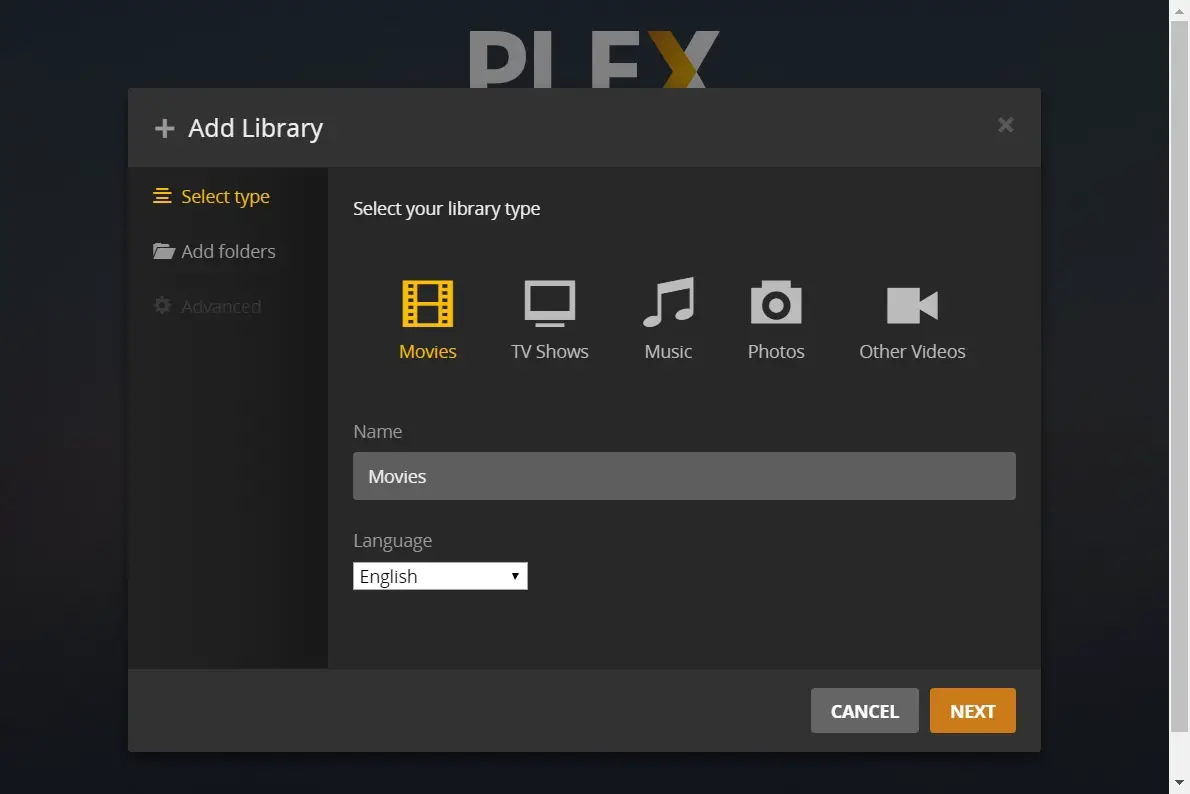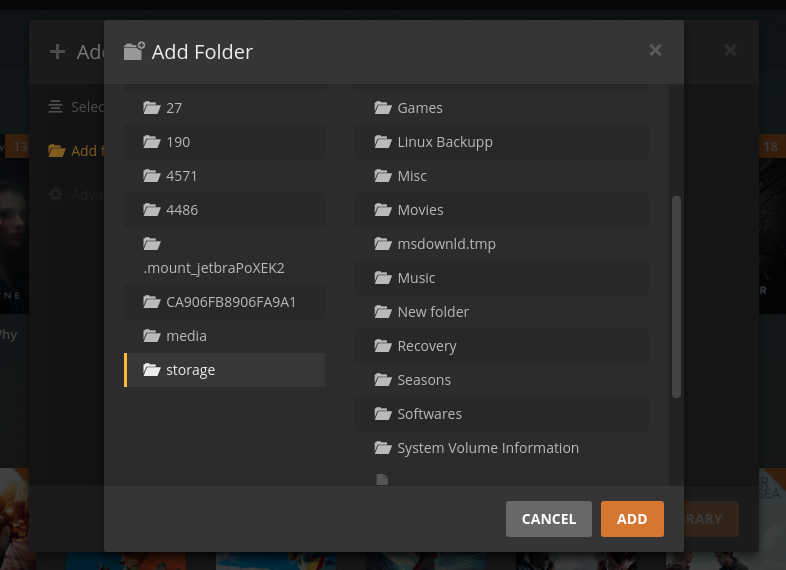

To check if the service has been started or not, run: $ sudo systemctl status jellyfin

Run the following commands to enable and start jellyfin service on every reboot: $ sudo systemctl enable jellyfin $ sudo systemctl start jellyfin Install Jellyfin server and web client in Fedora using commands: $ sudo dnf localinstall jellyfin-server-10.8.86_64.rpm $ sudo dnf localinstall jellyfin-web-10.8. Start Jellyfin Service Make sure you have installed and enabled RPM Fusion repository.ĭownload Jellyfin server and web client for Fedora from here. Install Jellyfin server and web client using commands: $ sudo dnf localinstall jellyfin-server-10.8.86_64.rpm $ sudo dnf localinstall jellyfin-web-10.8. And the Jellyfin web client package provides the WebUI for Jellyfin. The Jellyfin server package provides the core Jellyfin server, service definitions, and related items.

The RPM fusion repository provides FFmpeg package, which is the main dependency of Jellyfin. On Debian, Ubuntu, ElementaryOS, and Pop OS, run the following commands one by one to add Jellyfin repository and install Jellyfin media server: $ sudo apt install curl gnupg $ curl -fsSL | sudo gpg -dearmor -o /etc/apt//jellyfin.gpg $ echo "deb $( awk -F'=' '/^ID=/' /etc/os-release ) main" | sudo tee /etc/apt//jellyfin.list $ sudo apt update $ sudo apt install jellyfinįirst, you must install and enable RPM Fusion repository. On Arch Linux and its derivatives like EndeavourOS, and Manjaro Linux, you can install Jellyfin using any AUR helper tools, for example Paru or YaY. Install Jellyfin On LinuxĪs of writing this guide, Jellyfin is packaged for most popular Linux distributions, such as Arch Linux, Debian, Fedora, CentOS, and Ubuntu. Jellyfin supports GNU/Linux, Mac OS and Microsoft Windows operating systems. Using jellyfin, we can instantly setup Linux media server in minutes and access it via LAN/WAN from any devices using multiple apps. It is completely free and open source project supported by hundreds of community members. Jellyfin doesn't include any premium features, licenses or membership plans. The main developer of Jellyfin forked it from Emby after the announcement of Emby transitioning to a proprietary model.


 0 kommentar(er)
0 kommentar(er)
